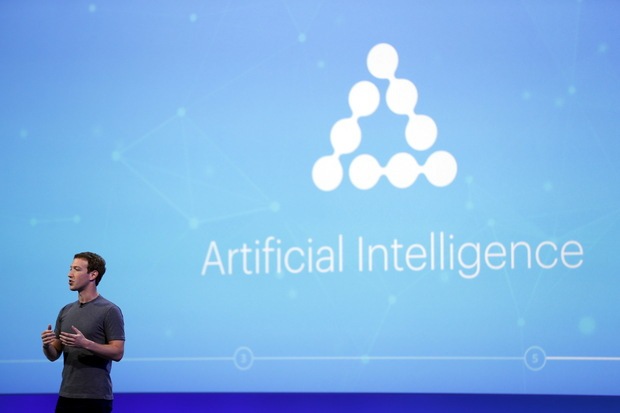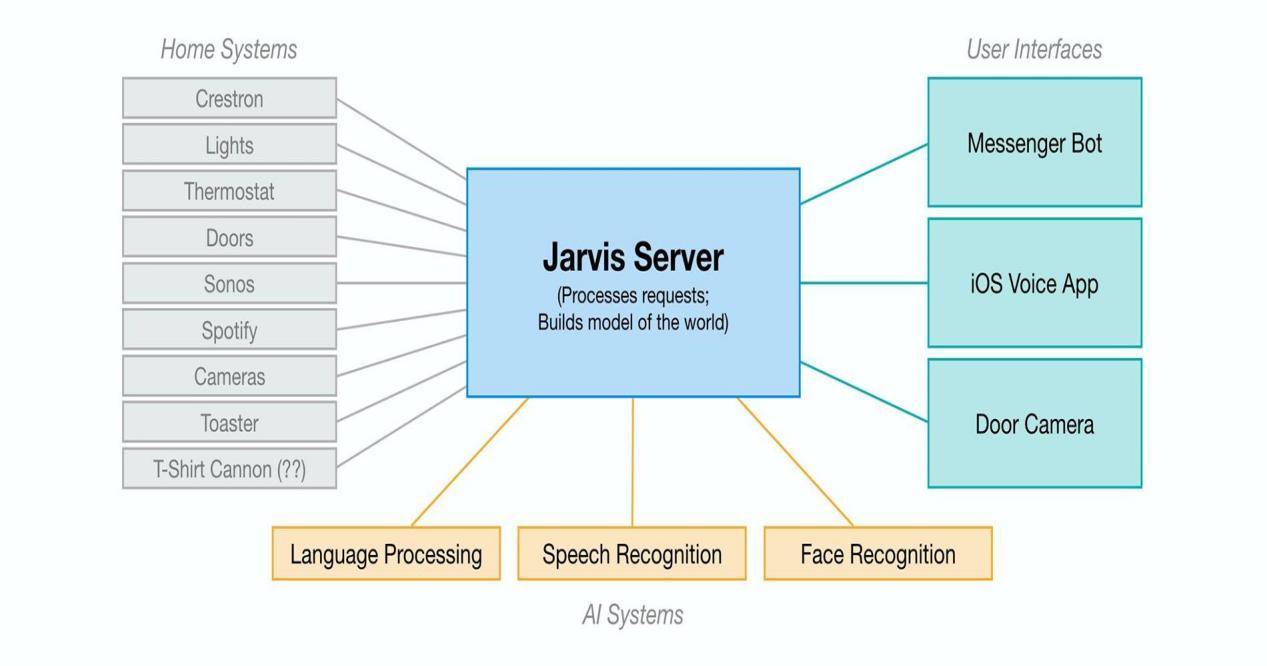



Facebook’s 10-year roadmap to further mobilize social communities through messaging applications, extend an advertising ecosystem with service bots, and retain a global user base with video-centric media sharing, all intersect the company’s AI initiatives. AI the common denominatorĪt Facebook’s F8 Developer Conference this week, the social networking giant provided the big picture behind the many snippets of AI developments emerging these past two years. The past two years have seen significant investment from Facebook on the AI front, gaining extra attention in January after founder Mark Zuckerberg proclaimed his resolution to build a real-world Jarvis, the virtual butler astute enough to achieve sidekick status in the comic-turned-film Iron Man series, for his smart home. And in the coming months and years, better automated services will require a wicked smart artificial intelligence (AI) system. Īs far as Facebook’s concerned, such knowledge translates to better automated services for users. Specifically, Facebook Likes can be used to automatically and accurately predict highly personal attributes including sexual orientation, ethnicity, intelligence, drug habits, and whether one’s parents are divorced, according to an early University of Cambridge study.

Our every action is telling of our intentions - travel plans, fashion purchases and political voting tendencies.
FACEBOOK JARVIS AI MANUAL
It’s getting harder to lie to Facebook as less manual data input is demanded of its users, opening the gates for increasingly targeted advertising and customer service mediums. Where Facebook once learned our favorite movies, brands and people through an account sign up questionnaire, algorithms now deduce our preferences far beyond these basic parameters. Having built a digital repository of human behavior, institutions like Facebook can keep us willfully engaged by doing our social dirty work on our behalf (tagging photos, remembering birthdays). No commercial products I know of do this today, and this seems like a big opportunity," he wrote.Since its inception, the social web has been out to automate our interactions. "I've found we use these more open-ended requests more frequently than more specific asks. With more effort to broaden Jarvis' use beyond Zuckerberg's own house, the experiment "could be a great foundation to build a new product," he wrote.Ī dearth of internet-connected devices, lack of common standards for connected devices to communicate and challenges related to speech recognition and machine learning were all obstacles, he said.Īt the same time, he said challenges lead to eureka moments.Īdjustments made to help Jarvis recognize context in commands ultimately helped the system respond to less specific requests in a better fashion, such as asking the system to "play me some music". It could recognize visitors, start a toaster and even shoot t-shirts from a cannon in his closet. "But even if I spent 1,000 more hours, I probably wouldn't be able to build a system that could learn completely new skills on its own."īy the end of the year, Jarvis was able to respond to text and voice commands and it could run music, air conditioning, doors, and other systems. "Everything I did this year - natural language, face recognition, speech recognition and so on - are all variants of the same fundamental pattern recognition techniques," he wrote. Zuckerberg announced results of the project, a personal challenge he set for himself this year, as digital home assistants by Google Inc and Inc compete for holiday sales and are expected to outsell popular emerging gadgets such as virtual reality headsets and drones.Ĭreating Jarvis proved humanity is "both closer and farther off" from an AI breakthrough than we imagine, Zuckerberg wrote.Ĭomputers are getting very good at pick out patterns, such as face recognition, but it is difficult to teach them new things, he wrote. Jarvis, named after the virtual assistant in the Iron Man movies, could be a step toward a new product, Zuckerberg wrote, although he cautioned that the system he had created in 100 hours over the last year was customized for his house. Mark Zuckerberg recently introduced the world to "Jarvis", an artificial intelligence system the Facebook chief created in his spare time, which can choose and play music, turn on lights, and recognize visitors, deciding whether to open the front door.


 0 kommentar(er)
0 kommentar(er)
